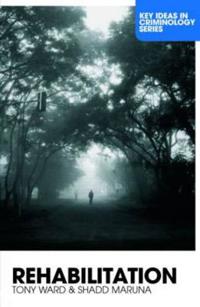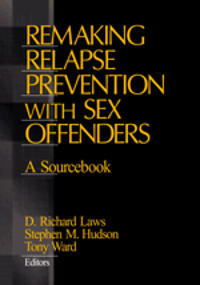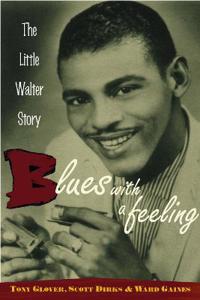Rehabilitation (Storpocket)
avTony Ward, Shadd Maruna
ISBN: 9780415386432 - UTGIVEN: 200610Over the last two decades empirical evidence has increasingly supported the view that it is possible to reduce re-offending rates by rehabilitating offenders rather than simply punishing them. In fact, the pendulum's swing back from a pure punishment model to a rehabilitation model is arguably one o[...]
Foundations Of Offender Rehabilitation (Inbunden)
avSharon Casey, Andrew Day, Jim Vess, Tony Ward
ISBN: 9780415679169 - UTGIVEN: 2012-08-31Foundations Of Offender Rehabilitation (Pocket)
avSharon Casey, Andrew Day, Jim Vess, Tony Ward
ISBN: 9780415679176 - UTGIVEN: 2012-08-31An Integrated Theory Of Sexual Offending (Häftad)
avTony Ward, Anthony R. Beech
ISBN: 9780470025994 - UTGIVEN: 2014-02-28An Integrated Theory Of Sexual Offending (Häftad)
avTony Ward, Anthony R. Beech
ISBN: 9780470026007 - UTGIVEN: 2014-02-28Theories of Sexual Offending (Häftad)
avTony Ward, Devon L. L. Polaschek, Anthony R. Beech
ISBN: 9780470094815 - UTGIVEN: 200512This comprehensive text provides an up-to-date review and critique of current theorising about sexual offending. It presents the key ideas underpinning each theory in a clear and accessible manner. Theories are rigorously tested and evaluated, and their merits are examined from both a research and a[...]
Theories of Sexual Offending (Övrig)
avTony Ward, Devon Polaschek, Anthony R. Beech
ISBN: 9780470713648 - UTGIVEN: 2008-02-29Remaking Relapse Prevention with Sex Offenders: A Sourcebook (Inbunden)
avD. Richard Laws, Tony Ward, Stephen M. Hudson
ISBN: 9780761918875 - UTGIVEN: 2000-04Remaking Relapse Prevention With Sex Offenders is a comprehensive resource of the most current and practical information about working with sex offenders to prevent relapse.[...]
Desistance from Sex Offending (Inbunden)
avD. Richard Laws, Tony Ward
ISBN: 9781606239353 - UTGIVEN: 201011This book offers a fresh perspective on treating a population that is often demonized by policy-makers, the public, and even clinicians. The authors argue that most sex offenders are "people like us," with the potential to lead meaningful, law-abiding lives - if given a chance and appropriate suppor[...]
Transitions to Better Lives (Häftad)
avAndrew Day, Sharon Casey, Tony Ward
ISBN: 9781843927181 - UTGIVEN: 201004The aim of this book is to describe, collate, and summarise a body of recent research, both theoretical and empirical, that explores the issue of treatment readiness in offender programming. The book is divided into three different sections. The first section unpacks a model of treatment readiness a[...]
Blues with a Feeling (Häftad)
avTony Glover, Scott Dirks, Ward Gaines
ISBN: 9780415937115 - UTGIVEN: 200208Whenever you hear the prevalent wailing blues harmonica in commercials, film soundtracks or at a blues club, you are experiencing the legacy of the master harmonica player, Little Walter. Immensely popular in his lifetime, Little Walter had fourteen Top 10 hits on the R&B charts, and he was also the[...]












